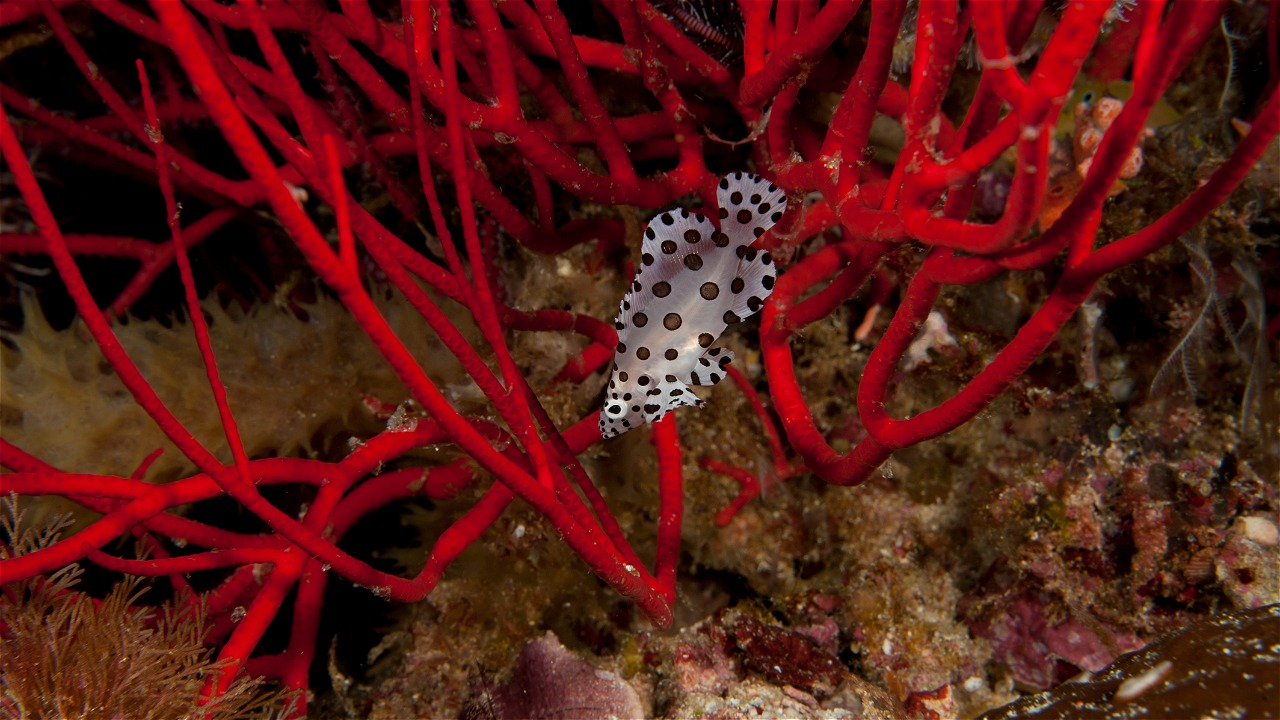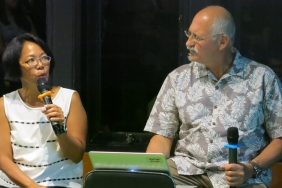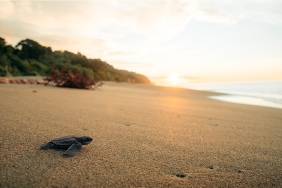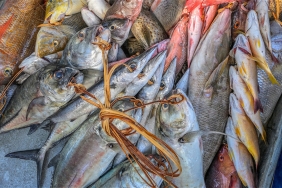CULTIVATING HUMPBACK GROUPER IN INDONESIA WITH ENVIRONMENTALLY FRIENDLY AND RESPONSIBLE NUANCES
By: Erika Anggraini (WWF-Indonesia's Fisheries Online Media Administrator)
Humpback grouper or also known as rat grouper is an important commodity in Indonesian waters that has bright marketing prospects, especially for export. The high demand for grouper commodities has resulted in intensive exploitation or capture that sometimes applies fishing methods that can threaten environmental sustainability, such as by using explosives and poisons. This is contrary to the objectives of fisheries and marine management, which is to ensure the sustainability of fish resources as mandated in Law No. 45/2007 on fisheries and the Code of Conduct for Responsible Fisheries (FAO, 1995).
To support the development of proper grouper aquaculture, WWF-Indonesia will publish a guide to humpback grouper aquaculture in the form of a Better Management Practice (BMP). Before this BMP is published, WWF-Indonesia held a discussion forum with several resource persons to obtain inputs for the realization of an environmentally friendly and responsible humpback grouper aquaculture BMP.
On Wednesday, March 16, at Santika Hotel Bogor, WWF-Indonesia Aquaculture Program held a discussion to discuss Humpback Grouper Aquaculture in Indonesia. This activity is part of the BMP drafting process to obtain input from relevant resource persons consisting of academics, farmers and environmental experts. The discussion forum was also attended by various resource persons, namely Tiya Widi Aditya who is a grouper aquaculture expert from the Lampung Marine Aquaculture Center, Reagan Septory an environmental expert from the Gondol Marine Aquaculture Research and Development Center - Bali, IPB Lecturer Irzal Effendi, Mr. Muchari, a lecturer at the College of Fisheries, Anytha Purwareyni Umbas, a representative of the Director General of Aquaculture of the KKP, and humpback grouper cultivation practitioners Mulya Bangun Sitepu from the Lampung Grouper Cultivators Communication Forum, and Dwi Murtono from Pura Baruna Lestasi in Karimunjawa.
The material discussed in this discussion forum includes the organization and business legality of humpback grouper aquaculture groups, planning and preparation of aquaculture activities, procurement of supporting facilities & infrastructure for aquaculture, treatment during the cultivation period and post-harvest, business analysis, social aspects, and environmental monitoring around the humpback grouper aquaculture business.
Many inputs were given by the speakers present. One of them is that to ensure the aquaculture business and at the same time preserve the environment, active participation is needed from all stakeholders, including fish farmers who utilize related areas, both individually and in groups. With the existence of groups and cooperation forums between groups of farmers, it is hoped that all can reduce the risk of failure of grouper farmers, increase harvest success and increase sales of products.
A special note delivered by the resource persons was that after following the instructions in this BMP, farmers should continue to observe and record all their activities. Such activity as routine monitoring is one of the important things in aquaculture because by monitoring every day until harvest time, we will know the changes in the fish we are raising. Thus, prevention can be done faster and reduce harvest failure. This monitoring should ideally be carried out in an integrated manner between the group and the relevant offices or agencies.
WWF-Indonesia hopes that with this BMP, small and medium scale humpback grouper farmers can implement all the guidelines listed correctly, responsibly and environmentally friendly.





